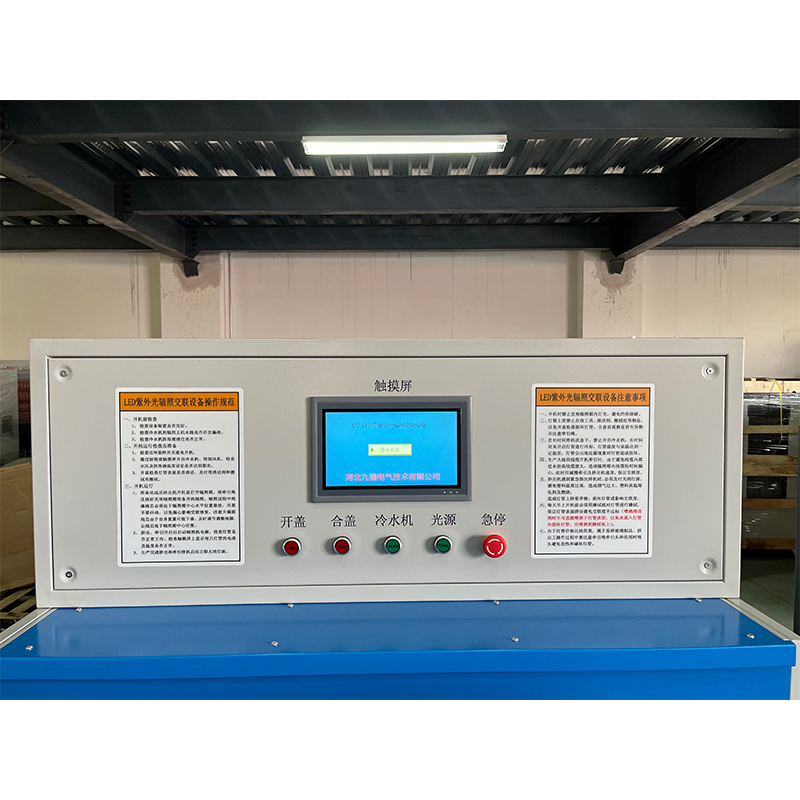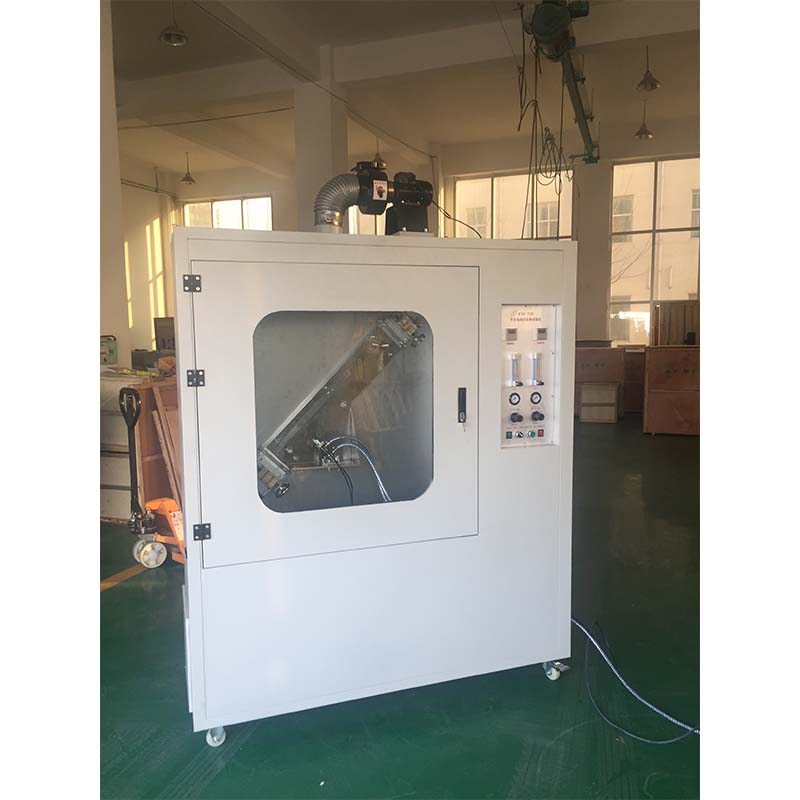Computer Control Tensile Strength Tester High Precision
- Overview of computer-controlled tensile testing systems
- Measuring precision and data impact in material testing
- Key technical specifications and performance metrics
- Top manufacturer comparison table
- Customization for unique industry requirements
- Industry applications and case studies
- Supplier selection and global operations

(computer control tensile strength tester)
Essential Technology: Computer Control Tensile Strength Tester Systems
Modern computer control tensile strength tester
s represent the pinnacle of material testing technology, integrating precision mechanics with advanced digital interfaces. These systems have become indispensable across aerospace, automotive, and construction sectors where material integrity directly impacts safety. Manufacturers continuously enhance load capacities (5kN to 600kN range) while improving measurement resolution down to 0.0001mm. Unlike manual alternatives, these systems provide ASTM/ISO-compliant data outputs essential for quality certification in regulated industries.
Precision Data Acquisition and Analysis
Accurate strain measurement remains paramount in material science. Contemporary units capture 1,000+ data points per second with ±0.5% force accuracy. Software algorithms automatically generate stress-strain curves while identifying yield points (Rp0.2), tensile strength (Rm), and elongation percentages. Third-party studies demonstrate test repeatability variances below 1.5%, validating quality consistency. Crucially, systems eliminate human calculation errors while maintaining complete IATF-compliant audit trails essential for manufacturing traceability.
Technical Specifications and Performance Metrics
High-grade computer control tensile strength testers feature proprietary technologies including triaxial load cells (±0.25% accuracy), high-resolution extensometers, and zero-backlash ball screws. Standard specifications include:
- Crosshead speeds: 0.001–500 mm/min programmable
- Maximum travel distance: 1,100 mm standard
- Environmental chambers: -70°C to +350°C optional
- Control modes: position, force, strain
Leading models incorporate AI algorithms for predictive specimen behavior and automatic stop protocols when approaching yield points. Dual-encoder systems compensate for mechanical compliance, ensuring measurement integrity even at sub-yield testing levels.
Global Manufacturer Comparison Analysis
| Manufacturer | Max Load Capacity | Accuracy | Testing Speed | Certifications | Service Network |
|---|---|---|---|---|---|
| TestResources Inc. | 300kN | ±0.25% | 0.001-1000mm/min | ISO 17025, ASTM E4 | 32 countries |
| Tinius Olsen | 600kN | ±0.4% | 0.001-1200mm/min | ISO 7500, EN 10002 | 45 countries |
| ZwickRoell | 250kN | ±0.2% | 0.0005-2500mm/min | ISO 6892, ASME | 56 countries |
Industry-Specific Customization Solutions
Reputable computer control tensile strength tester manufacturers offer extensive customization capabilities beyond standard configurations. Polymer test specialists incorporate non-contact video extensometers eliminating contact-induced errors in elastic materials. Automotive suppliers integrate specialized grips for testing seatbelt webbing (DIN 75220 standards). The medical device sector leverages miniature testers with 0.01N resolution for implantable material validation. Flexible software architecture enables users to build proprietary test profiles aligned with industry-specific parameters while ensuring regulatory compliance through password-protected administrator permissions.
Application Case Studies and Industry Impact
Notable implementations demonstrate tangible benefits in rigorous environments:
- Aerospace: Composite fuselage material optimization through environmental chamber testing at -55°C/85%RH conditions
- Medical: Bioabsorbable suture development with real-time load-deformation monitoring
- Construction: Rebar qualification for earthquake-resistant structures meeting ISO 15630 standards
Documented ROI from manufacturing applications shows 28% reduction in material waste and 40% acceleration in product certification timelines when implementing advanced computer control tensile strength testing protocols.
Partnering with Global Computer Control Tensile Strength Tester Manufacturers
Identifying qualified computer control tensile strength tester exporters requires evaluating both technical capabilities and supply chain reliability. Top-tier manufacturers maintain ISO 9001-certified production facilities while providing comprehensive service agreements covering calibration (NIST-traceable), preventative maintenance, and emergency technical support within 48 hours globally. Leading exporters navigate complex customs regulations and offer local-language software interfaces for seamless international deployments. Request documented certifications including CE, UL, and IEC compliance to ensure trouble-free installation and operation across your operational territories.

(computer control tensile strength tester)
FAQS on computer control tensile strength tester
以下是根据核心关键词创建的5组英文FAQs,使用HTML富文本格式呈现:Q: What is a computer control tensile strength tester used for?
A: This device measures material resistance under tension forces. It's widely applied in quality control across industries like plastics and textiles. Computer automation ensures precise data recording and analysis.
Q: Why choose professional computer control tensile strength tester manufacturers?
A: Manufacturers guarantee ISO-certified production and technical expertise. They provide calibration services and customized testing solutions. Direct sourcing ensures OEM pricing and engineering support.
Q: How to identify reliable computer control tensile strength tester exporters?
A: Check export certifications and global client portfolios. Verify warranty coverage for international shipments. Prioritize exporters with multilingual technical support teams.
Q: What services do computer control tensile strength tester companies offer?
A: Companies provide installation training and maintenance contracts. Many offer ASTM/ISO compliant testing protocols. Additional services include test method development and annual calibration.
Q: Which features differentiate advanced computer control tensile strength testers?
A: Key features include real-time stress-strain curves and multi-language software. Automatic safety stops and test report generation. Modern units feature cloud data integration and remote diagnostics.
-
The Role of Tensile Force Testers in Quality Control and Material Science
NewsAug.01,2025
-
Maintenance and Safety Tips for Aging Ovens
NewsAug.01,2025
-
Density Balance in Forensic Science
NewsAug.01,2025
-
Advanced Optical Measurement Technologies
NewsAug.01,2025
-
A Buyer’s Guide to Tensile Test Machines
NewsAug.01,2025
-
Why the Conductor Resistance Constant Temperature Measurement Machine Redefines Precision
NewsJun.20,2025
 Copyright © 2025 Hebei Fangyuan Instrument & Equipment Co.,Ltd. All Rights Reserved. Sitemap | Privacy Policy
Copyright © 2025 Hebei Fangyuan Instrument & Equipment Co.,Ltd. All Rights Reserved. Sitemap | Privacy Policy
